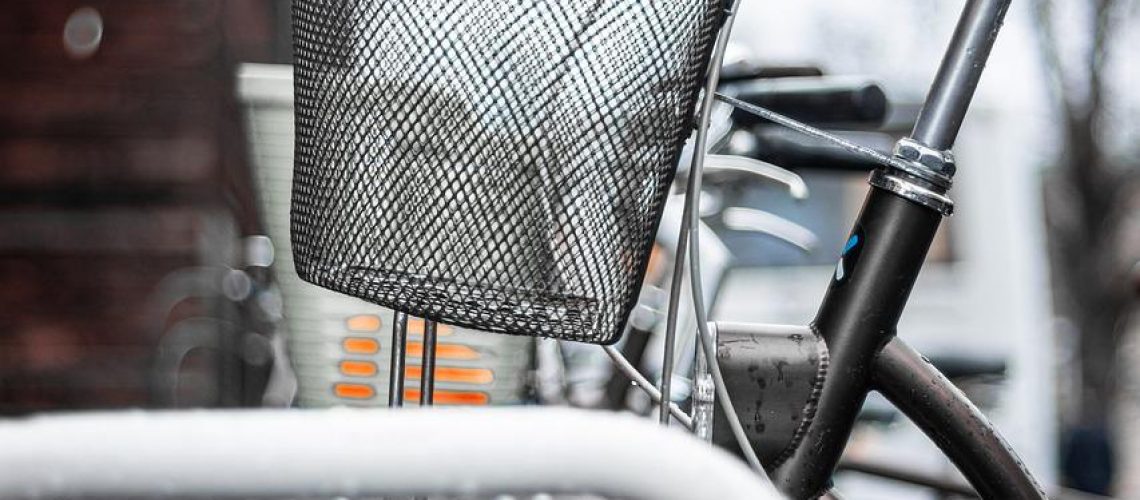In the Netherlands, cities are experimenting with using temporary bike parking facilities to show people the benefits of both increasing the space allocated for bike parking, and also of reducing spaces for car parking. In this way, parking management can support major modal shift. Replacing car parking spaces with alternative uses is a key part of this process, and as cities seek to encourage residents and visitors away from personal car use towards active modes of travel, substituting a car parking space for bike parking is proving critical.
Many cities are attempting to swap car parking spaces for facilities for bicycle parking. However, this is often easier said than done. Nevertheless, an innovative approach being trialled in the Netherlands may provide inspiration for others. Cities there have been installing temporary bike parking platforms, each with racks for 8 to 10 bikes, designed to fit neatly into one car parking space. These are then put in place for local residents to test before the change is made permanent.
In The Hague one street has been experimenting with a plastic platform with built-in racks inserted into car parking spaces. Over the subsequent two months, residents had a chance to give feedback. The verdict was that 86% of the people living on the street approved of the change. As a result, the city installed a permanent rack and moved the temporary platform (in Dutch, a fietsvlonder, or bicycle platform) to another neighbourhood to repeat the experiment.
The idea to install temporary bicycle parking facilities to expose people to the benefits of more bike parking originally came from planners in the city of Rotterdam, who were brainstorming ideas in 2015 to help increase biking in a neighbourhood that had extensive car parking. After Rotterdam had tested a platform in one location, it quickly started using them throughout the city centre. Now the bike platforms are used in the city maintenance department as a standard tool.
Rotterdam now has more than 70 temporary sets of parking facilities circulating throughout the city, and nearly 90 parking spots have been converted into permanent parking for hundreds of bikes. Other cities, including The Hague, have also started to use the tool. People are even able to request that a platform is installed in their own street.
This topic is now being discussed widely across the mobility field. Earlier in 2022, the EU-funded Park4SUMP project brought together key stakeholders from Rotterdam, the European Cycling Federation and others, to discuss parking standards and to explore how housing development which caters for cycle parking can support sustainable mobility agendas.
With approximately 80% of all journeys beginning and ending at the home, the availability of parking facilities near people’s homes is key to their mobility choices. All too often this has meant that the car is the preferred method of travel. As Rotterdam and The Hague have demonstrated, this does not need to be the case.


